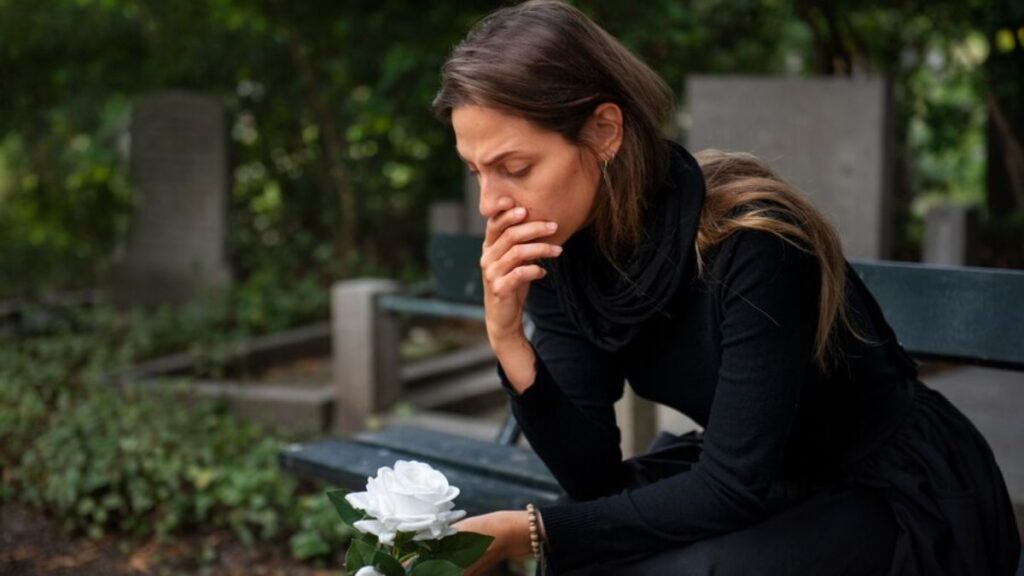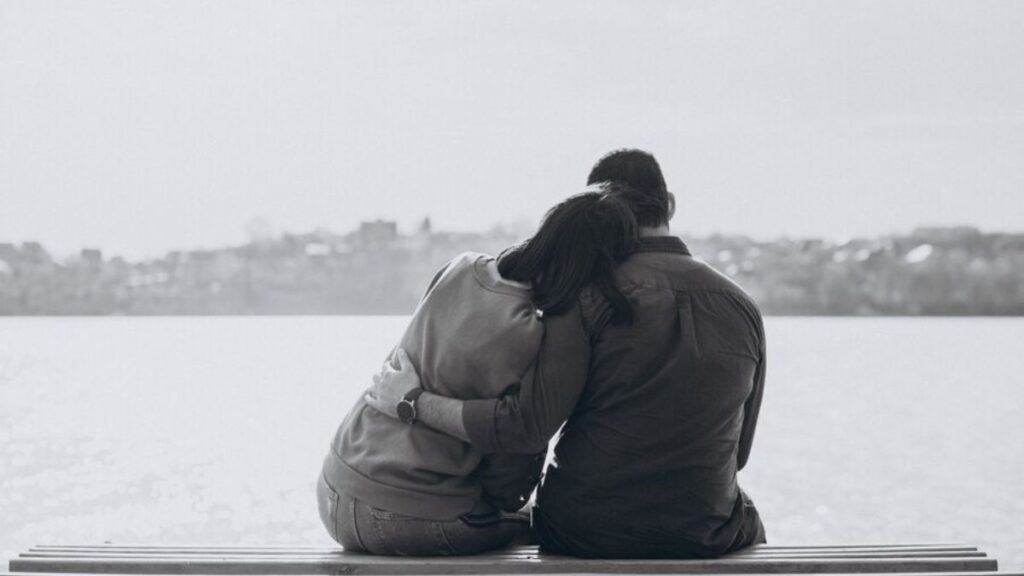Losing a loved one is an experience that deeply affects every aspect of a person’s life. The emotional fallout can be overwhelming, often leading to significant mental health struggles that arise during the grieving process. Understanding these challenges can help individuals navigate their emotions and seek appropriate support. This article outlines the various struggles one might encounter after a loss, exploring not just the feelings of grief, but also the myriad ways it can alter an individual’s mental state.
Difficulty in Making Decisions
Following a loss, daily decision-making can become daunting. The burden of grief often clouds judgment, making even simple choices feel overwhelming. For many, making funeral arrangements and other critical decisions may arise quickly, which adds additional pressure during an already turbulent time. The feeling of being unprepared to handle everyday responsibilities can further contribute to anxiety and stress. Seeking support in the decision-making process can be beneficial. Whether turning to trusted friends or professionals like therapists can help alleviate some of the pressure to make informed choices while grieving.
Financial Stress
Aside from the emotional aspects of losing a loved one, practical matters can add an additional layer of stress. Those left behind often find themselves in emotionally draining situations, such as funeral and cemetery planning which comes with its own set of challenges. Not only do they need to process their loss, but they also have to face practical difficulties, including financial burdens associated with the funeral. This financial strain, coupled with emotional turmoil, can exacerbate feelings of helplessness and anxiety, further complicating the grieving process.
Intense Grief and Sadness
Grief is an expected response when someone we care about passes away. The intensity of this emotion can vary widely from person to person. For many, sadness can become all-consuming, affecting daily routines and robbing them of joy in other areas of life. One might find it difficult to engage in activities they once loved or be unable to experience pleasure in anything, leading to the feeling of emptiness. It is worth noting that this intense grief can become complicated. Some may find themselves struggling with feelings of guilt or anger, further complicating their mourning process. This mix of emotions can perpetuate a cycle of sadness, making it essential to recognize when seeking help from a mental health professional is necessary.
Depression and Anxiety
The death of a loved one can trigger clinical depression and anxiety disorders in some individuals. Signs of depression may manifest as persistent sadness, lack of energy, or changes in sleep and appetite. Statistically, bereaved individuals have a higher risk of developing depression than those who have not experienced loss, with studies suggesting an increase of up to 30% in depressive symptoms in those grieving. Anxiety often accompanies grief as thoughts become consumed with uncertainty about the future. Questions about how to maintain life without the deceased or concerns about one’s own mortality can heighten anxiety levels. For instance, individuals might feel restless or face panic attacks. Recognizing these symptoms as potentially linked to the grieving process can facilitate prompt intervention and lead to a supportive approach to healing.
Social Withdrawal
One of the most common reactions after losing a loved one is social withdrawal, as grieving individuals may feel isolated from those who cannot fully understand their pain. Friends and family may unintentionally drift away, and those in mourning might also distance themselves to avoid having to share their grief repeatedly. This withdrawal can exacerbate feelings of loneliness and sadness. The tendency to pull away from social interactions can sometimes hinder the healing process, as support systems play a crucial role in recovery. Open communication with supportive friends or joining support groups can provide a safe space for individuals to express their feelings without fear of judgment, helping reduce the sense of isolation that often accompanies loss.
Acceptance and Coping Challenges
The journey towards acceptance is not linear and varies widely among individuals. Some may struggle to come to terms with the reality of their loss, battling denial or anger long after the initial shock wears off. This may manifest as an intense longing for the departed, hindering daily functioning. When individuals find it difficult to accept their emotional state, it can lead to maladaptive coping mechanisms, such as substance abuse, as they attempt to numb their pain. Establishing healthy coping strategies is essential to ensure that one’s mental health does not further deteriorate. Therapeutic practices, such as mindfulness and journaling, can foster gradual acceptance and promote healthier emotional responses.
Physical Health Issues
Grief does not only take a toll on mental health; it can also lead to physical health issues. Stress from emotional turmoil can weaken the immune system, bringing about symptoms like headaches, fatigue, and gastrointestinal problems. A study from the American Psychological Association indicates that grieving individuals are at a higher risk for conditions such as hypertension and heart disease. Ignoring the physical impact of grief can lead to a vicious cycle where emotional distress exacerbates physical ailments, which in turn complicates the grieving process. Maintaining regular health check-ups and being attentive to both emotional and physical health checkpoints is crucial for overall well-being during bereavement.

As the process of grieving unfolds, it is important to remember that each person’s journey is unique. Acknowledging and addressing the mental health struggles that arise after losing a loved one is vital. Seeking support from professionals, friends, and support groups can aid in navigating this challenging time, allowing for healing and, ultimately, acceptance of loss. Understanding the complexities of grief can be the first step toward reclaiming joy and peace after heartbreak.







